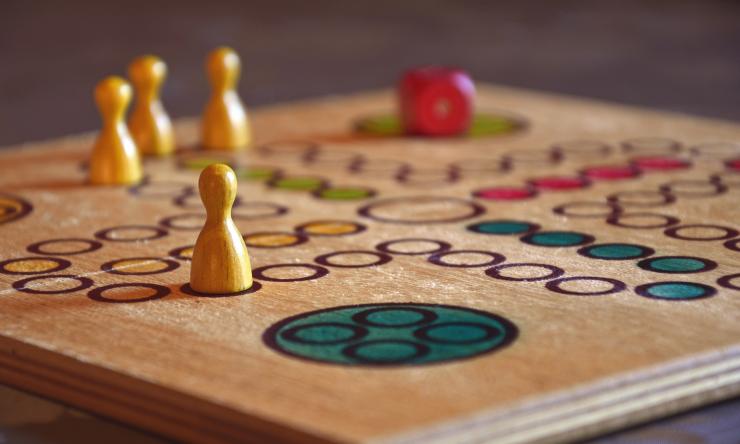Winter activities for older adults and retirees
Engaging in hobbies is important for older adults. While winter can be a difficult time to keep up with outdoor activities, staying active, indoor or outdoor, is vital. A Baylor College of Medicine geriatrician explains the significance of hobbies for older adults and retirees.
“It’s important to get outside as much as possible, whether it’s temperate or even if it’s colder, as long as it’s safe to do so,” said Dr. Angela Catic, associate professor in the Roy M. and Phyllis Gough Huffington Center on Aging at Baylor. “If it’s cold, bundling up and getting outside is good for your spirit and good for you physically.”
While older adults should be cautious of snowy or icy conditions, Catic suggests they continue engaging in the outdoor activities they typically enjoy, such as walking, biking or being out in nature. Unless they were skiers or active in winter sports before, older adults should not pick up skiing or snowboarding later in life due to the risk of injury. Individuals who normally garden outdoors can focus on growing indoor plants in the winter. Plan for the upcoming growing season by looking at gardening catalogues and deciding what to plant when spring arrives.
Winter also is a great time to explore indoor activities inside or outside the home:
At home:
- Reading
- Puzzles
- Playing games
- Knitting
- Crafting
Outside the home:
- Attending concerts
- Visiting museums
- Taking road trips
Recent retirees might find it difficult to pick up hobbies after being in a career-oriented routine for many years. Catic recommends reflecting on activities they enjoyed in the past, before they were focused on work, such as reading. Adult education programs offer classes for a variety of hobbies, including woodworking, sewing, crafting or birdwatching. The public library contains a multitude of resources and nonfiction books that can teach different skills, like gourmet cooking or quilting. Friends can provide information about their own hobbies, and volunteer work is a rewarding way to fill time while giving back to the community. Although searching for hobbies takes time and exploration, retirees will eventually find something they enjoy.
“We want to keep ourselves active, both physically and mentally, and hobbies often do that. They bring joy and fun to our lives, and that is so important in terms of preserving cognitive function and mental health,” Catic said. “We encourage people to be engaged and do things they enjoy that connect them to their community.”










